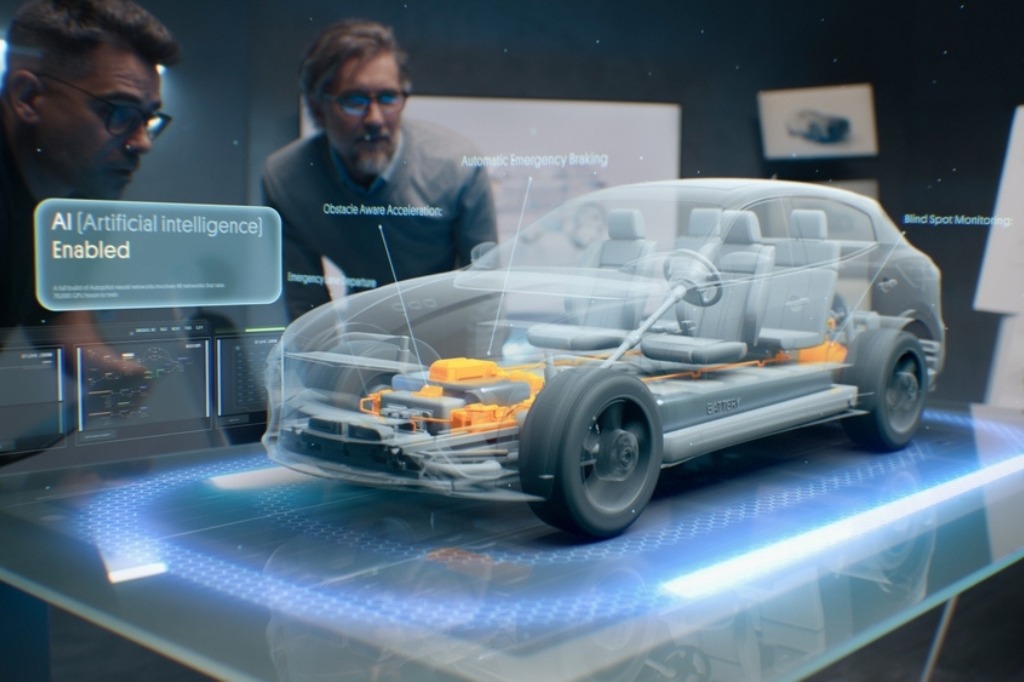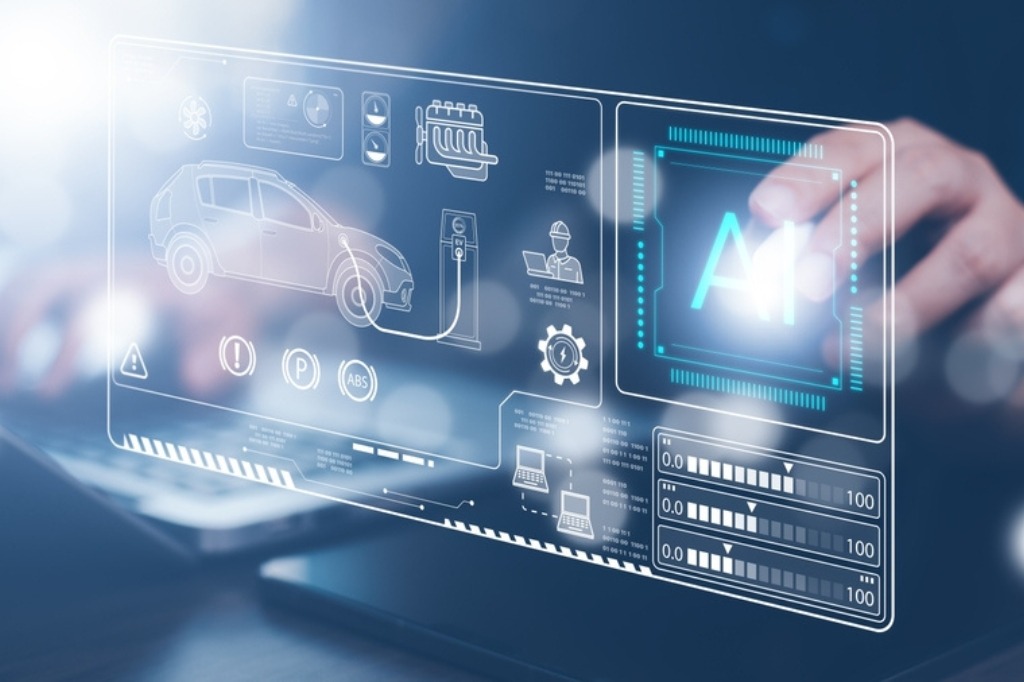The need for AI skills in the automotive sector
By SG Fleet | 25 March 2024

Over the years, the automotive industry has shifted gears from mechanical marvels to tech-infused powerhouses. With the introduction of artificial intelligence (AI) into the mix, the prospects for innovation are becoming even more thrilling.
By harnessing the potential of AI in the automotive sector, we could see cars that can think, learn, and even predict your next destination. This isn’t science fiction; it’s the reality we’re steering towards, and it’s making the automotive sector more efficient, more personalised, and more environmentally friendly.
While the progress we’re seeing is tantalising, it’s important to remember that with innovation comes responsibility. The need for AI skills in the automotive sector has never been more critical; it’s essential to ensure that there are enough skilled professionals to keep up with the rapid advancement of AI.
Here, we’re going to take a deep dive into how AI skills are changing the automotive sector and why it’s crucial to nurture talent to ensure we stay ahead of the curve.
How is AI impacting the automotive sector?
The importance of AI in the automotive sector is something we’ve covered in more detail previously, so we won’t go too in-depth here.
To give an overview, the automotive industry is undergoing a profound transformation. Leading companies are deploying machine learning and AI in various aspects of car design, from driver monitoring to personalised vehicle configurations and infotainment systems.
AI also influences the production chain, enhances design, streamlines manufacturing, and refines marketing strategies. Predictive maintenance ensures smoother after-sales service, while autonomous driving promises substantial revenue increases once regulatory and safety challenges are addressed.
In commercial fleet innovations, AI enhances safety through advanced driver-assistance systems and optimises efficiency by real-time route optimisation. The data and analytics that can be garnered from AI-driven fleet management can also ensure that optimum efficacy is achieved as often as possible.
How are AI Skills needed to change the automotive sector?
It’s crucial for companies to ensure AI’s influence is a net positive. To achieve this, attracting and retaining top talent must become a priority if automotive firms are to remain competitive in an industry experiencing significant change.
Natural Language Processing (NLP) expertise
For commuters and commercial drivers alike, voice activation has become an invaluable tool. Whether you’re selecting your favourite song or podcast on the way to work or contacting a manager to inform them of a complication en route, being able to do so verbally while still on the road is a big help.
All voice recognition and verbal commands depend on NLP. It’s the branch of AI that focuses on the relationship between human language and the phone or infotainment system being used. It allows the device to identify keywords like ‘skip this song’ or ‘call my manager’ and translate them into commands.
Attracting NLP engineers is crucial as it allows automotive businesses to build or improve their systems while also researching and developing new NLP technologies.
Working with an in-house NLP engineer also gives a company total control over the system they’re creating while also allowing the engineer’s expertise to spread throughout the company.
Machine Learning (ML) skills
ML techniques are used to develop algorithms that enable vehicles to perceive their surroundings, make decisions, and even navigate autonomously.
In the modern world, many cars make use of this to some extent. It can appear in the form of lane assist, automatic parking, or advanced forms of cruise control.
If automotive companies want to make the most of the potential of AI in the automotive sector, then engaging with ML specialists is a crucial step. The skills in ML algorithms, deep learning, computer vision, sensor fusion, and reinforcement learning are foundational for creating autonomous driving systems. They can help to ensure that both fully autonomous and driver-assisted vehicles can navigate their environments safely and efficiently.
Energy efficiency and sustainability
As we move towards a greener and more sustainable society, the importance of AI in the automotive sector becomes more and more prominent. To that end, automotive companies must ensure they have the necessary expertise.
Effective energy management is essential for reducing the environmental impact of vehicles. Research has demonstrated that AI techniques, including optimisation algorithms, can play a significant role in improving the energy efficiency of vehicles.
An optimisation algorithm provides a mathematical framework for systematically finding the best solutions to complex problems. Studies show that applying optimisation techniques in conjunction with AI can lead to significant reductions in greenhouse gas emissions, making this an invaluable capability for the automotive industry.
This means that one of the key ways that AI skills are changing the automotive sector is by reducing the environmental impact of vehicles both by decreasing their greenhouse gas output and improving their energy efficiency

Work with a partner that understands the importance of innovation
At SG Fleet, we’re proud to position ourselves at the forefront of automotive innovation. The numerous awards we’ve won in the past support this, showing that we’ve consistently sought new and forward-thinking solutions.
Our commitment to technological development encompasses various aspects of our business. Whether it’s transitioning to a zero-emission fleet with our eStart plan or empowering employers to provide their staff with the latest EV salary sacrifice schemes, we’re dedicated to helping you embrace innovation and progress.
If you want to find out more about how we can help you, feel free to get in touch with our team today.
Further reading
- The Growth of AI in the Automotive Industry
- A Look at the New EVs of 2024
- How EV Salary Sacrifice Schemes Can Power a Greener Future


.png)


.png)
.png)
.png)